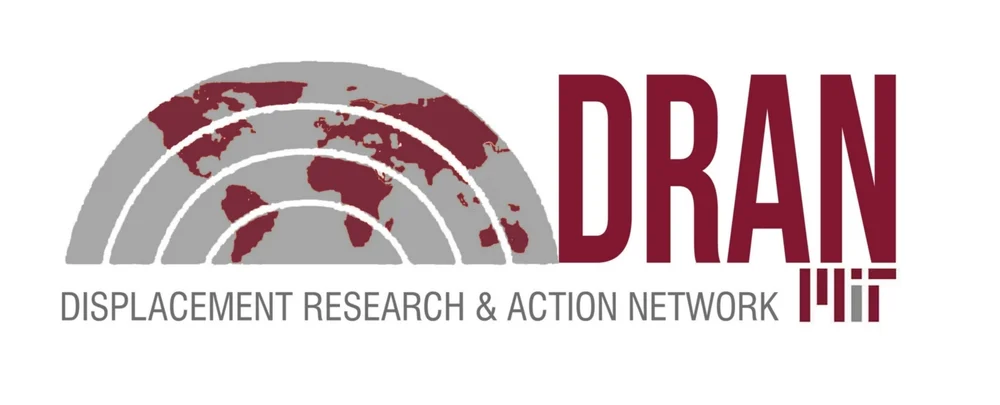Gentrification-Caused Displacement in Boston
December 18th, 2015
Diana Xylina Bell
Boston has been identified as one of the most rapidly gentrifying cities in the nation and the city with the third highest rate of income inequality. This semester, as part of its graduate course “Responding to Displacement: Strategies, Methods, Tools, Outcomes” (11.S938) MIT DRAN is engaging in an in-depth research project with the Boston based Chinese Progressive Organization (CPA) to bring critical attention to the displacement crisis facing the Chinatown neighborhood of Boston.
As is increasingly recognized, Chinatown is at the front-lines of gentrification happening in the city. According to Asian American Legal Defense and Education Fund Report “Chinatown Then and Now”, this is seen in the dwindling Asian population- from 70% of Chinatown in 1990 to 46%in 2010- and in the changing value of land in the neighborhood- in 1990 housing values in Chinatown were approximately the same as in Boston overall, by 2010 they were nearly double the Boston average. This gentrification is also visible in the structural landscape of Chinatown- where 15-20 years ago there were few high rises, the neighborhood now has one of the highest concentrations of high-rise luxury residential properties.
The goals of this collaboration are twofold: 1) to co-produce maps that visualize the rapid gentrification talking hold in the neighborhood along with the land use changes that have brought about such impacts 2) to work with CPA members and staff to conduct an Eviction Impact Assessment (EvIA) to demonstrate the quantitative and qualitative human rights impacts residents have faced, or are likely to, due to gentrification induced displacement. The EvIA is an internationally established methodology developed by the Housing and Land Rights Network to help communities determine the full human rights consequences that persons and households undergo through the process of forced eviction and displacement.
We hope that our work will provide additional documentation to assist in the advocacy work being carried out by CPA to counter the arguments by Boston city officials for the continued rapid gentrification of Chinatown. Founded in 1979, the CPA is a grassroots community organization which works for full equality and empowerment of the Chinese community in the Greater Boston area and beyond. CPA is part of the local and national Right to the City Alliance.
To learn more about their work: http://cpaboston.org/
Diana Xylina Bell is a research assistant with DRAN and an MCP DUSP Alumni.
Boston Chinatown Eviction Mapping
In September 2015, Miloon Kothari led a class of MIT graduate students in partnership with the Boston Chinese Progressive Association and DRAN, on a semester-long project regarding the future and community preservation of the population Boston's Chinatown.
In addition to discussion of legislation and policy that the community could put into action in self-defense, the collaboration resulted in the collection of data and creation of several maps which can be found here.
To learn more about the eviction mapping project, click here.

